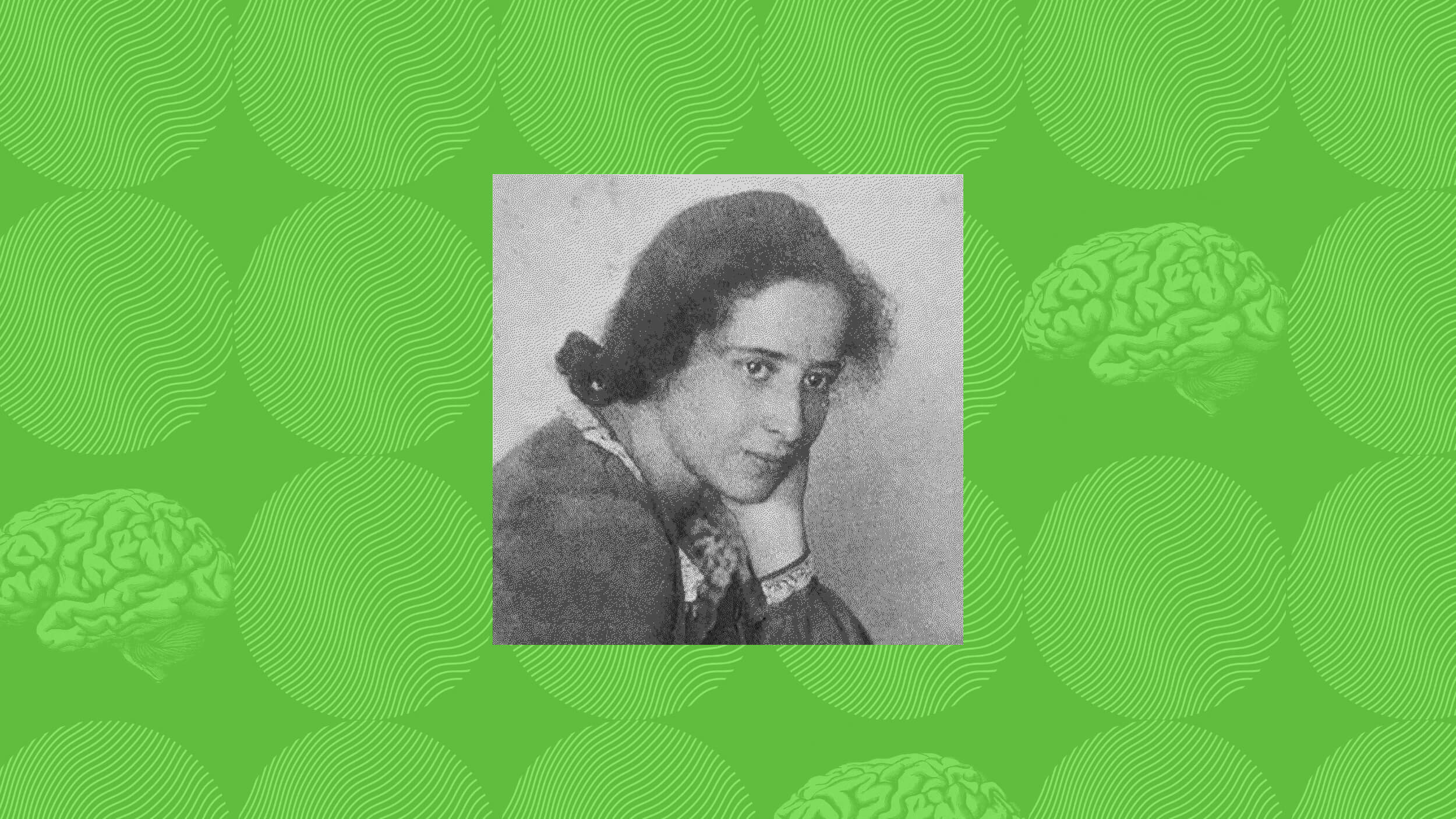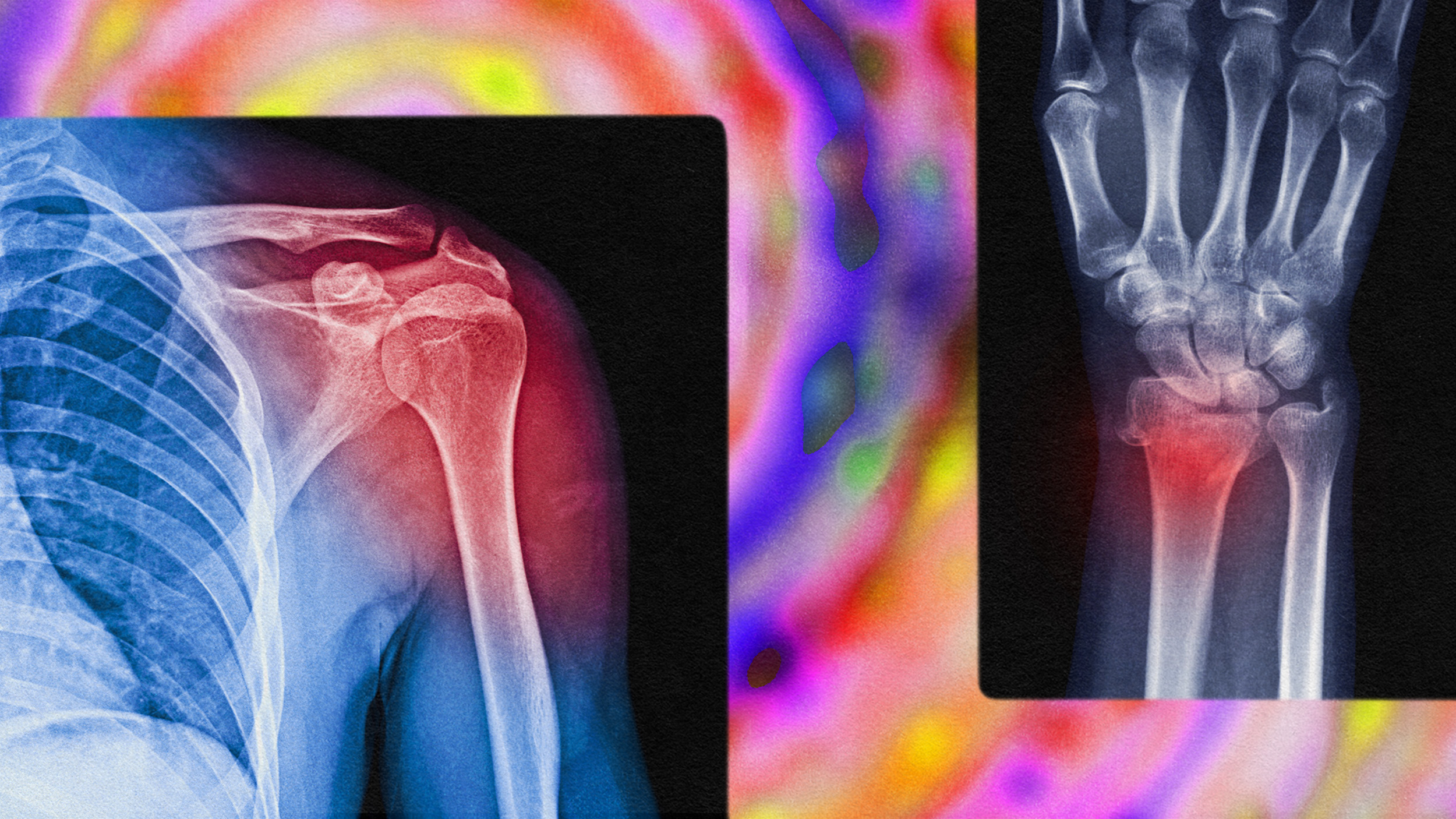Your New Anti-Depression Medication: LSD

Shortly following its synthesis in 1938, lysergic acid diethylamide (LSD) fascinated mystic explorers of consciousness while wreaking havoc on those that didn’t realize they might be going in over their head. Briefly marketed in therapeutic settings in 1947 (and used by the CIA in mind control experiments shortly thereafter), LSD was deemed illegal in the United States in 1968.
As the cycles of history go, we have returned to therapeutic applications. While still illegal in the US, LSD is showing promise in treating patients suffering from depression. This study is particularly interesting in that it investigates the role of the human brain’s default-mode network in mental time travel. As it turns out, those of us with an active DMN are more likely to reflect on the past and hence wax romantic about what is not present, a reliable marker of depressed states.
Psychedelics appear to deactivate the DMN, forcing users to stay in the present moment. Ironically, the DMN has been championed in Flow states, in which the experiencer is also in the throes of “ego dissolution,” the term LSD researchers employ regarding the deactivation of the DMN. Flow states apparently shut down the brain’s central executive mode (the other major mode) in its own form of ego destruction.
There’s even a style of introspection associated with the DMN: nondirective meditation. Also known as ‘mind wandering,’ this study showed a positive link between activation of the DMN with emotional processing and memory retrieval.
This form of meditation is not simply daydreaming, though that too is pertinent: we have an average of two thousand daydreams every day, each lasting an average of fourteen seconds. Nondirective meditation takes its cue from mindfulness, noticing thoughts arise while abstaining from creating a narrative. Our brain produces thoughts, but the conscious ‘I’ has a role in what stories it tells from those mental images.
Which puts the activation—or, in the case of LSD, deactivation—of the DMN into the spotlight. The human brain is complex and interactive, a symphony not a solo. What appears to be true regardless of how you get there is the necessity of ego dissolution when dealing with emotions. Perhaps better put, not taking things so seriously.
Certainly a monumental task, this quieting of that pesky inner voice always speaking forward and backward with so little regard for the moment. In 1970, when LSD had become illegal, the philosopher Alan Watts put forward his own thoughts on the topic in his essay, ‘Psychedelics and Religious Experience.’
Watts considered the incessant individualistic focus of American culture to be one of the failures of imagination that LSD prominently points out. Societies mimic brains in breadth of connections—think of neurons as people interacting and communicating. If you consider yourself an island separate from the populace, depression is guaranteed; if everything that happens is happening to you, life becomes a conspiracy aimed at your demise.
Watts continues along this line:
All forms of life and being are simply variations on a single theme: we are all in fact one being doing the same thing in as many different ways as possible.
While Watts enjoyed his experiences with psychedelics, especially LSD and cannabis, he recognized their limitations. They can introduce you to important ideas that you might not have considered, but you have to stay there on your own, which is essentially the same argument being made about LSD as a depression reliever. In fact, microdosing has become a popular therapeutic technique with strong anecdotal results.
Watts points out another issue that today is slowly dissolving in America: the religious fear of union. In Buddhist and Hindu systems, Watts’s specialty, man has every opportunity to become one with the godhead. In Western faiths this is blasphemous. A loss of ego, one of the most discussed consequences of LSD, connects you with the ebbs and flow of existence. Hold too tightly the reigns, your hands are burned.
Surrender is key. Psilocybin is proving especially effective in treating patients at the end of their lives, particularly with the existential quandary of transience. We need medicine in the prime of life as well. Research on LSD continues to be promising. With all the talk of ending the ‘drug wars’ in political and prison system circles, America needs to rethink its relationship to psychedelics as well.
—
Image: E. Bacon / Getty Images
Derek Beres is a Los-Angeles based author, music producer, and yoga/fitness instructor at Equinox Fitness. Stay in touch @derekberes.





